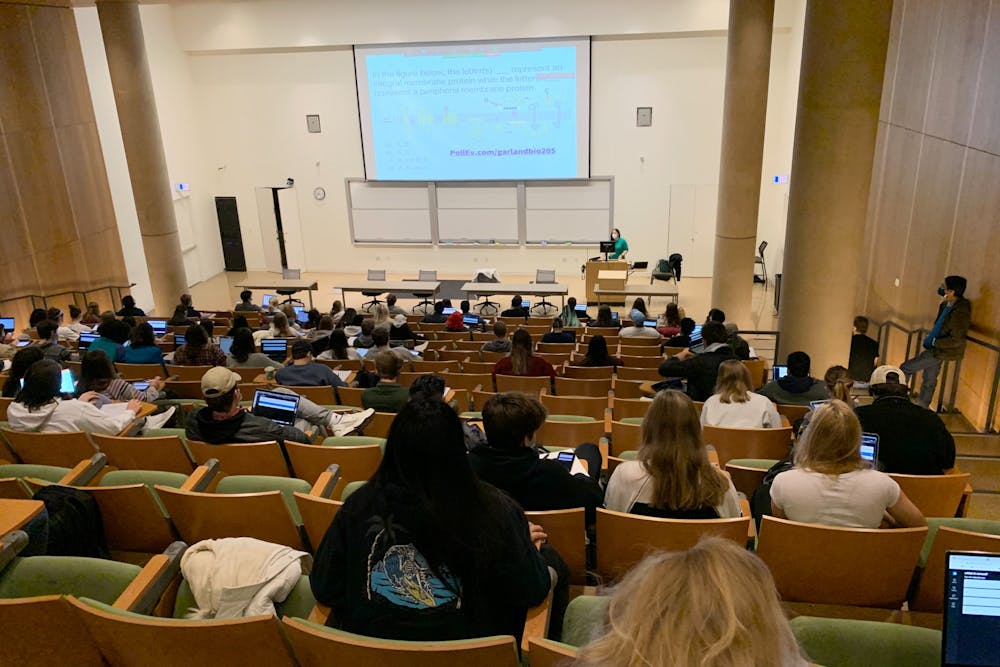As we approach the two-year anniversary of the start of the COVID-19 pandemic, so much has changed. At the same time, so much has not.
On one hand, the introduction of vaccines has helped to reduce the number of cases, which allows for the return of in-person classes and other activities. On the other hand, mask-wearing and other restrictions still loom in many public spaces, even at UNC.
Recently, it was reported that some European countries were moving forward with the removal of pandemic-era restrictions, reinstating the idea that society will just have to live with COVID-19.
It’s still unclear whether the U.S. will follow suit. According to Our World in Data, only 63 percent of Americans are vaccinated which is far short of the likes of Denmark and France, who have vaccination rates of 81 percent and 76 percent, respectively.
But what would living with COVID-19 look like for colleges across America, including UNC?
If our COVID-19 guidelines were to match European ones, then the first, but arguably biggest difference would be a decline in mask-wearing. The University currently recommends wearing masks in all public settings, including residence halls. But those who have been on campus will know that mask-wearing guidelines are already enforced loosely by many, especially in outdoor areas.
But if this mandate is lifted for indoor spaces, then the sense of normality will be more apparent, especially at events like basketball games or even just being in a class, where mask-wearing is one of the last remaining traces of the pandemic in an otherwise normal setting.
Another thing that might change is a reduction in the number of COVID-19 tests taken and available. We all know the hassles of trying to get tested: wait times, potential costs and the risk of exposure to those who might actually have the virus whilst at the testing clinic.
But, if we begin to live with COVID-19, then there won’t be many incentives to get tested at all, unless you feel sick.




